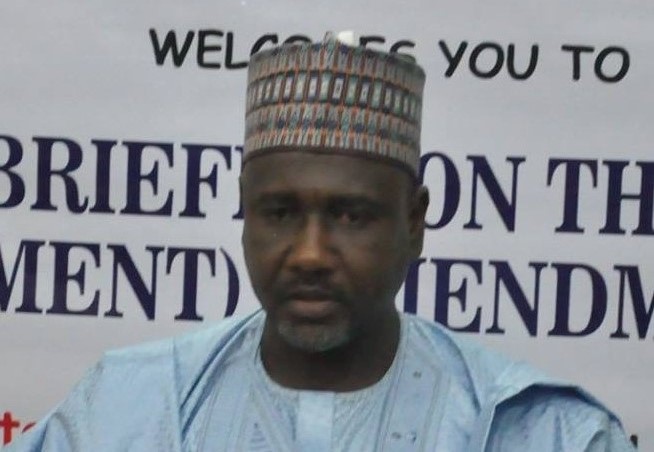The Federal Government on Monday, November 23, 2020 said its Global Environmental Facility (GEF) implementation would target the elimination of 300 tonnes of e-waste from the environment in the first quarter of 2021.

Prof. Aliyu Jauro, Director-General, National Environmental Standards and Regulations Enforcement Agency (NESREA), said this while declaring open a four-day training on e-waste management in Lagos.
The theme of the training is: “Executable Building Programme for Enforcement Officers and Value Chain for the EPR on the Circular Economy; Approaches for Electronic Sector in Nigeria”.
Jauro pointed out that GEF implementation programme would begin January 2021 in Lagos.
He said that there would be training on Extended Producer Responsibility Programme (EPR) to help reduce the adverse impact of e-waste on life and the environment.
Jauro said that Lagos was chosen as the pilot state for GEF implementation due to its major role in the influx of e-waste in the country.
“The Federal government is at the verge of contributing its counterpart fund to UNEP to facilitate the advancement of the programme in the country.
“This programme is a well thought-out one to empower our foot soldiers and stakeholders on the value chain toward environment friendly conduct in their operations for both new and used electronics and electrical items.
“GEF has 183 member nations and the zeal at which Federal Government and others are pursing this programmes signify that good environment is life and its sustainability is everyone responsibility,” he said.
Jauro said that in order to achieve the target, the agency will partner with others in establishing e-waste collection centres in every Local Government Area.
He said that the GEF implementation programmes would be expanded to other states for total management and recycling.
Jauro regretted that the unprofessional handling of e-waste had caused the world and Nigeria in particular great damage that would cost fortune to correct.
Dr Oludayo Dada, Consultant to GEF implementation programme, said that poor handling of e-waste by quacks had raised concern on the safety of human habitat in Nigeria.
According to him, EPR is a good programme that will put responsibility of an e-waste on the producer until the end of the life span of such waste.
He said that Nigeria and the global body had regulations on this, adding that apportioning workable modalities of enforcement was the focal point.
By Uchenna Eletuo
